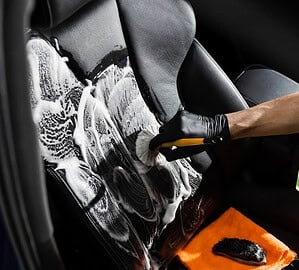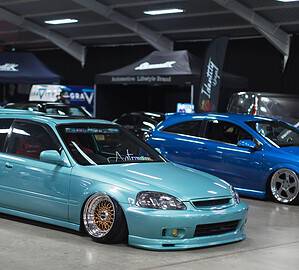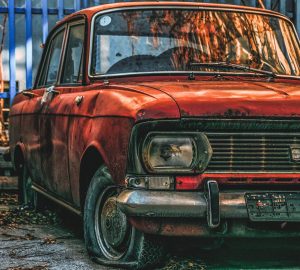The objectively perfect car doesn’t exist.
There is no single perfect vehicle, there never will be, but we all have preferences and we all have our own version of a perfect car. Sometimes in our lives, we will get the chance to sit back and decide what car we want to buy. This is a big decision, and sometimes it requires years of paying off loans to get the car we want, so it’s important to cover all your bases before making the decision final. Maybe you want to pay a visit to the Cars and Co Mazda dealership, but your budget is more Ford or Holden based. Either way, we have a list of 6 tips for purchasing your perfect car.
Functionality
The functionality of your car is very important, because it helps weed out the unrealistic wants from the reality of the situation. Maybe you really badly want that brand new Audi R8, but you live in the country surrounded by pothole-filled dirt roads and really a city-intended sedan isn’t any kind of functional out there. Similarly, an enormous off-road ute might not be the best choice for a older man who only ever drives to the shops once a day, as that extra power, suspension, and maneuverability will be lost on the stable, even roads of the suburbs.

Cost
The value of a car is hard to pin down, because they do allow us enormous range of movement, more job opportunities, and more joy in life, but they also cost a lot to buy, a lot to insure, a lot to service, and a lot to keep running with fuel.
There is one generally accepted truth about cars though, and that is that they very, very rarely earn value. You will almost always lose money on a car, no matter the make or model. The thing you can control in your dream car is how much money you lose, so you might want that convertible BMW, but the non-convertible option might take $5,000 off the price tag.
History
Look into the history of the vehicle you want as a whole instead of the individual history of each vehicle. If, say, your dream car was a Jeep Cherokee, your investigations into Jeep Cherokees will likely find that many of them have been recalled due to engines setting alight of their own volition, and door and window seals leaking water. These are things that can entirely destroy a car, and therefore you should probably avoid that particular make and model. Finding out the history of a make and model can save you lots of heartache and money in the future.
New or Secondhand?
The choice to buy new or secondhand is tough, because there are a few benefits and drawbacks to both. With a new car, all the parts are brand new, it’s likely never been driven before, it is as well-running as it can possibly get, however, it is also much more expensive than a secondhand car would be. On the other hand, secondhand cars are cheaper, but they have been extensively driven, and there is usually lots of wear and tear on them, making their life length less sure.
Safety
How safe your car is will largely depend on how you drive it, and how old it is.
The older a car is, the less likely it is to have safety features like airbags and ABS. Generally speaking, a newer car is safer, however it is also likely to be more powerful, so caution must be advised when it comes to buying new cars.
Environmental Impact
Finally, we have the environmental impact of the car you intend to buy.
This can be a big point for some people, and a null point for others, but it bears mentioning all the same. Buying a brand new Tesla can mean you don’t contribute to any CO2 increase in the atmosphere, whereas buying a brand new Ford Mustang with a 5L V8 engine can mean contributing a lot more than you were before. Keep this in mind as you make your decision.
Getting your dream car is a lot more complex than you might have realised, but the end result is well worth the work.



